Have you ever followed a musician through their career arc as they rise from obscurity to fame? Something weird tends to happen along the way: the music loses the magic that first drew you in. I think that’s why you so often hear fans of a particular band or artist qualify their fandom with statements like just their old stuff, or everything before _album_.
So what ultimately causes this loss of magic? For the musicians, I think it can be a whole lot of things:
- The working-man’s musician has become rich and no longer relatable
- They begin writing for record sales, or even worse, stop writing altogether and are just handed a catalog of songs to choose from
- Instead of a demo of 5 incredible songs, they’re now making 12-song albums full of fillers
- The artists begin working with bigger commercial studios and producers, resulting in a more “cleaned up,” homogenized, character-less sound
Fortunately, because the world is based on cyclicality, your formerly favorite musician will likely start doing stripped down, unplugged, imperfect versions of their songs after they go through the metamorphosis of unrelatability, and they’ll suck you right back in.
It’s the human element that draws you in. Why? Because we’re communal beings. That’s why seeing your favorite band live will always trump listening alone to their recordings in your car.
And what’s at the core of humanity? Imperfection.
Humanity = Imperfection, Perfected
Think about the way we describe people we’re drawn to. How often do you hear someone described positively as raw or relatable? What’s making them relatable? Their ability to perfectly share their imperfections – their rawness. They can talk about and lean into their issues that are commonplace among us, kindling kinship along the way.
I think that’s partly why politicians who are praised as polished so rarely stir up any excitement from the voter base. On the campaign trail, they’re forced to scuff up their polished image to become more relatable, and this happens:

Imperfect? Absolutely. But it’s the wrong kind. No one’s walking around looking like that in the real world. You see it, and it feels like you’ve been dropped into a cabin in Uncanny Valley, and you 100% don’t belong. Then what happens when the polished politician loses? The pundits bemoan that “they just weren’t relatable enough.” You don’t say…
Enter A.I.
So what exactly am I getting at, and where does AI factor in?
It’s no secret that AI has taken the world by storm, and people are using it to do incredible things. But does that mean that human production just goes away? I don’t believe it.
Just like the band you watched rise from the garage to the Grand Ole Opry, everything is beginning to look, sound, and read the same. AI is homogenizing and “perfecting” everything as people lazily lean in as hard as they can. But here’s the rub: as discussed above, “perfect” isn’t always “better.”
Think about a piece of art. Would you pay $1 to see the real Mona Lisa? I think most of us would. But how about a perfect digital scan of the same painting, printed to an exact 1:1 scale – how much would you pay to go look at that?
What about paying to see the real, degraded Mona Lisa in person versus paying to see an AI-driven digital replica that color corrects and repairs the image to be as close to Davinci’s original completion as possible? Sure, there’s some novelty in the latter, but the drama and romance of the former easily wins the day for me. This is something that a real, flawed human being was able to achieve with rudimentary tools, inspiration, and dedication – the rawness and aspirational relatability of that scenario is so vastly different from one where a computer perfectly recreates an image, and can continue to recreate it without flaw over and over and over again.
Where Do We Go From Here?
Here’s where I think basic economic principles of supply and demand come into play. We’re already seeing AI driven content all over the place, and you can just tell. Everything content is beginning to take on that lab-grown, clinically-perfected dystopian vibe, and people are already giving up on honing their own personal skill sets. As fewer and fewer people are actually creating things by hand and by their own power, those who persist will see the value of their skill set increase.
I believe we’re about to see a shift back toward folk art, whether we’re talking music, literature, visual design, whatever. When everything is automated, nothing is special any more. I believe the sterilized nature of AI is also going to lower the barrier to entry for human creation: people are going to be so starved for something “real,” that the more casual the production quality of your work, the better.
People may love the prints MidJourney produces, the stories ChatGPT is writing and the Fake-Drake music AI is spitting out, but there’s no artist, author or musician left to relate with. I think that matters. Afterall, who wants to see AI play an unplugged set?

